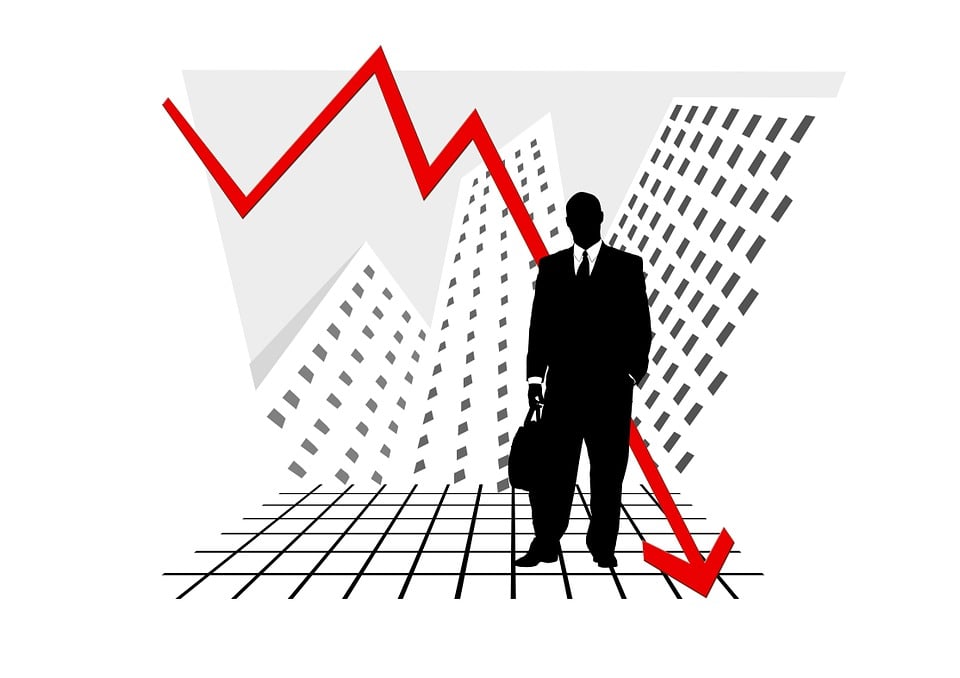Falling Commodity Prices Could Signal Falling Liquidity

Image Source: Pixabay
Consider the possibility that the recent volatility in commodity prices could be a sign of falling liquidity. With the Fed voicing its intention of reversing its easing policy and beginning to tighten, it is logical that signs of less liquidity would begin to surface sooner or later. The area of commodity futures is more often based on speculation than anything concrete. It is also highly leveraged.
If I'm correct and the huge drop in many commodity prices is related to liquidity beginning to dry up, this could be the canary in the coalmine. This could also signal other markets will soon become less stable or even downright wild. It is very possible, "we ain't seen nothing yet." I have observed that up until now other markets appear relatively solid, but much of that could be supply-demand related. Liquidity issues bring a whole new aspect into the mix.
Those looking for a future where deflation occurs will try to latch on to commodity price weakness as proof demand destruction has already put an end to inflation. The truth is that some asset prices will fall and others will continue higher. A rebound in commodity prices will not mean liquidity has suddenly returned to the market, it will only mean the current washout in prices has run its course.
A temporary fall in prices is not necessarily an indication inflation is dead, but rather more proof an investor can lose money even when they are right. It also highlights how leverage can increase an investor's risk.
Sadly, banks have a way of failing us when we need them most and that is a big part of why liquidity is generally the first casualty in a financial crisis. A huge part of the problem is rooted in the economic tool known as leverage.
The same massive gains that leverage brings also showers us with huge losses that rapidly paralyze both individuals and financial institutions. When volatility hits the markets, any person or group with less than stellar credit is likely to find they are unable to borrow new money.
Liquidity has a way of deteriorating and evaporating slowly, and then suddenly. Then liquidity falls, and even those with good credit may be forced to watch as existing credit lines are cut. Many of the credit lines that existed prior to 2008 have gone the way of the dinosaurs, with banks claiming new government regulations are to blame for the way they do business today.
Much of the risk investors carry is hidden away in that pesky small print that exists in all the paperwork we sign when dealing with these institutions. This is especially clear not only in commodities and stocks, but also in the commercial real estate market.
As markets continue to bump around with no clear trend in sight, do not be surprised if those using margin money get sucked into overleveraging their position and pay a dear price for doing so. To be clear, when liquidity vanishes, those that are leveraged are the first to feel the pain. Be careful out there, and remember capital preservation is job number one.
More By This Author:
No Guarantee Slowing Economy Will Slow Inflation
The "Flash Crash On Steroids" Scenario
Bearish Traders Generate Wild Swings In Stock Markets
Disclaimer: Please do your own due diligence before buying or selling any securities mentioned in this article. We do not warrant the completeness or accuracy of the content or data provided in ...
more



Good read, highly recommended.